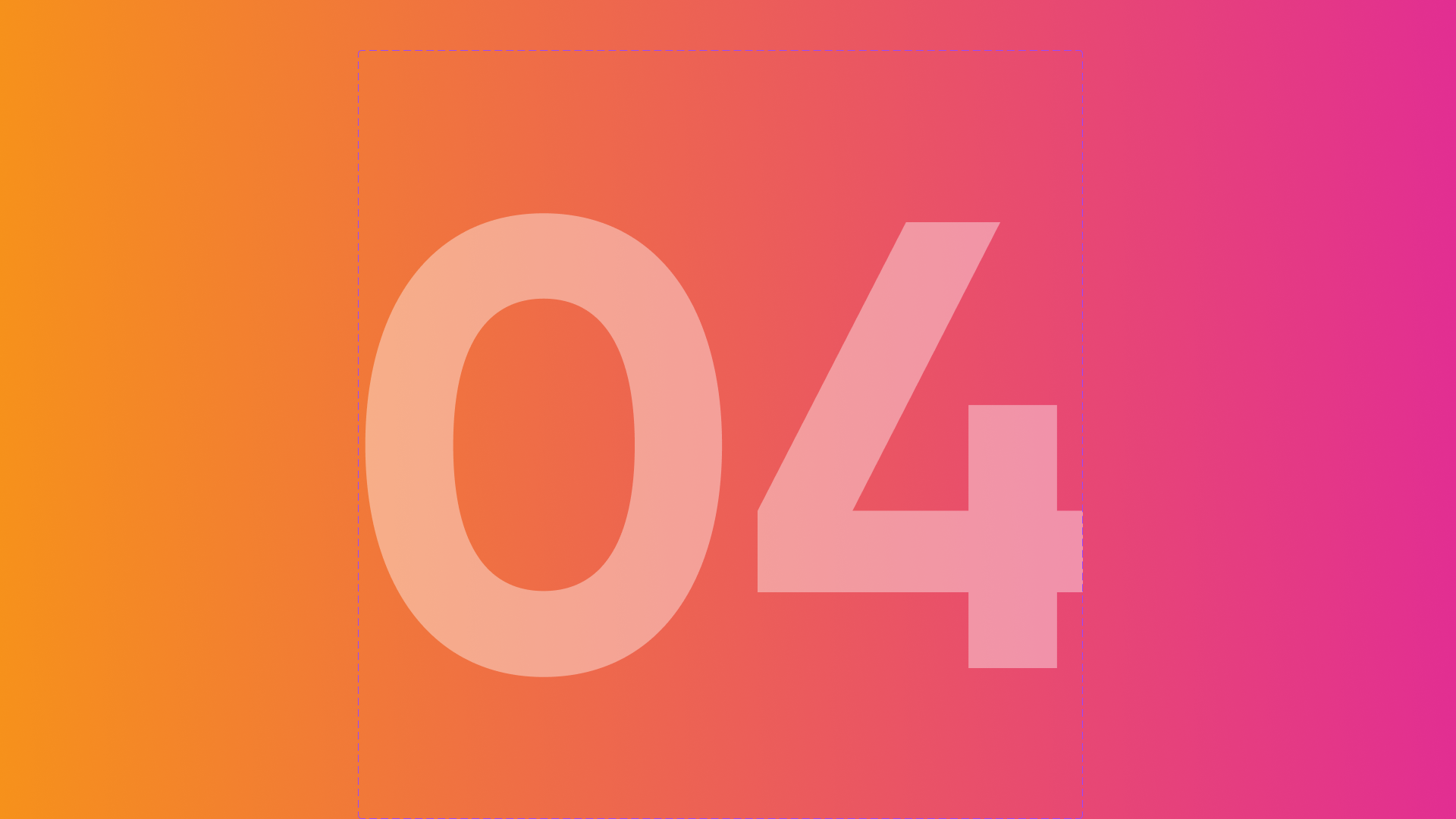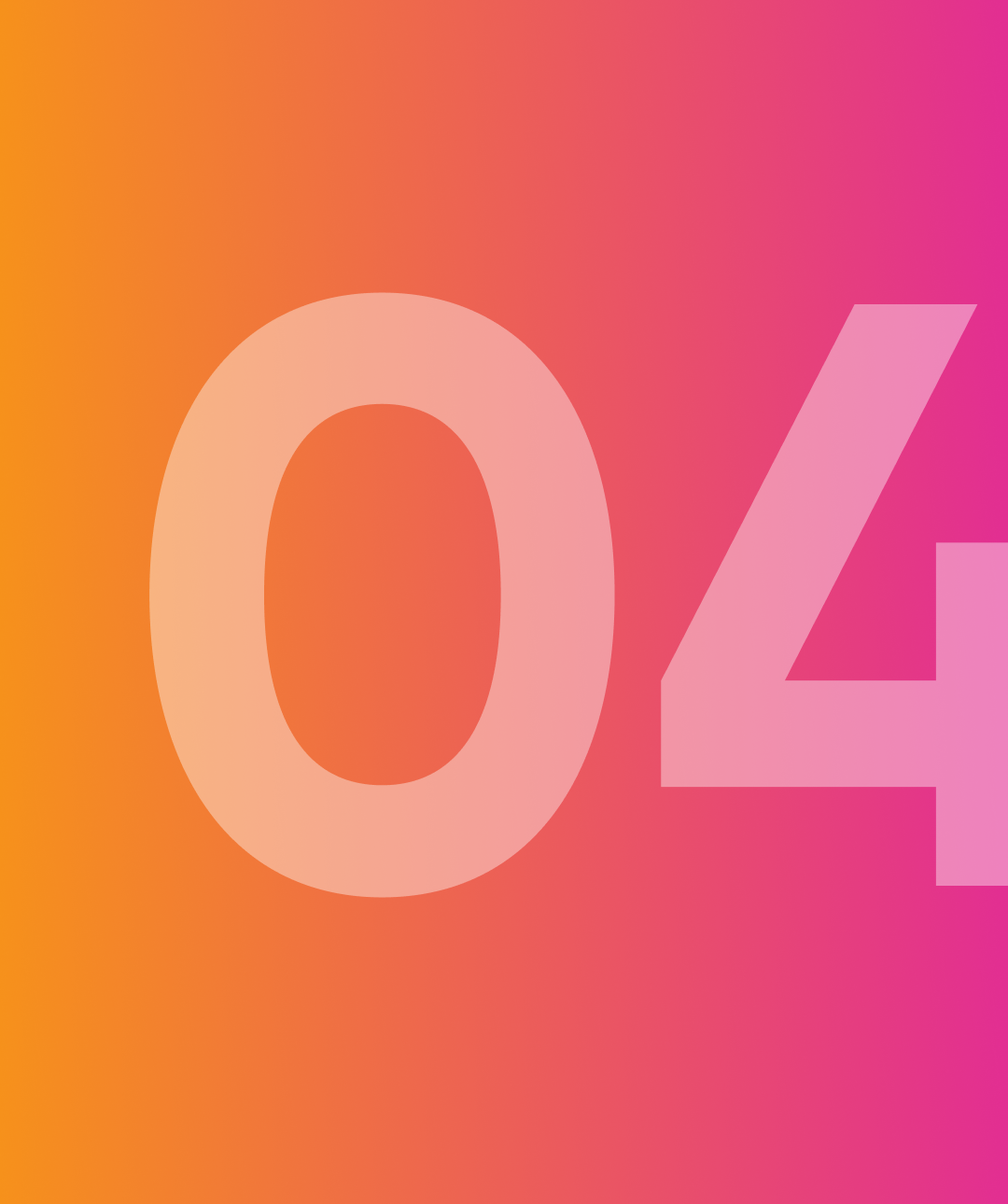Kgothatso Ngako | Most Impactful African Bitcoiner
African Bitcoiners, a community account on X, acknowledges entrepreneur Kgothatso Ngako as the Most Impactful African Bitcoiner of 2023. From founding Machankura to enable Bitcoin use without the internet to Exonumia to translate Bitcoin educational content into native African languages, Kgothatso continues to innovate on ways that bring financial freedom to the millions of Africans excluded from the global financial system. At HRF, we are proud to support Kgothatso’s work to bring financial freedom tools and education across Africa.
Phoenix Wallet | Request Inbound Liquidity
Previously, Phoenix mobile wallet users receiving funds over the Lightning Network would sometimes exhaust their inbound liquidity, resulting in having to perform expensive on-chain transactions. With a new wallet update on Android phones, self-custodial users can now plan ahead and avoid future on-chain fees by requesting inbound liquidity between 100,000 and 10 million sats with “the liquidity [being] guaranteed for a year.”
Discrete Log Contracts | Dollars on Lightning
10101, a self-custodial wallet enabling Bitcoin trading, launched a project that enables USD payments on Lightning rails. Users can pay any Lightning invoice using their USD balance, receive directly into their USD balance regardless of the sender’s wallet type, and have the unique advantage of owning bitcoin when they own USD. This is made possible through Discrete Log Contracts (DLCs) working in the backend to make a non-custodial peg to the dollar, helping shield users from Bitcoin’s volatility.
FASB | Updated Standards for Disclosing Crypto Assets
The Financial Accounting Standards Board (FASB), a US regulatory body, released updated standards regarding the disclosure of certain crypto assets. Effective from the fiscal year beginning Dec. 15, 2024, the changes will allow firms and nonprofit organizations to use fair-value accounting for specific crypto assets on their balance sheets, reducing costs and complexity associated with previous accounting models. If you’re a nonprofit organization with bitcoin and cryptocurrency assets in the US, this update may be worth reviewing.
Opensats | New Grants
OpenSats announced 10 new grants. From enhancing Bitcoin education to strengthening Lightning Network security and enabling Fedimits to accept and send payments using a Lightning Gateway, these grants cover a wide range of projects. Grantees include Clams, Fully Noded, Validating Lightning Signer, Fedimint Lightning Gateway, Pickhardt Payments plugin for Core-Lightning, BitBanana, Crack the Orange, Bitcoin Core App, Krux, and Vexl.
River | Shareable River Links
Last week, River launched shareable River Links, marketed as an easy way to send bitcoin to anyone, anywhere, via text messages, social media, or email. Users simply enter the amount of bitcoin they want to send from their River account, copy the auto-generated link, and send to another person via text or email. The recipient can claim the bitcoin to their River account or any other wallet without KYC. Here’s a quick River Link demo by Marty Bent and Matt Odell.
Bitcoin Design Foundation | Grants Available
The Bitcoin Design Foundation is a nonprofit organization supporting the mission to “design Bitcoin for everyone.” Believing that effective, intuitive, and beautiful design can be a catalyst for broader adoption, the Foundation is now providing grants to individuals to improve open-source Bitcoin design, user research, and more. You can find additional information on their grants here.







